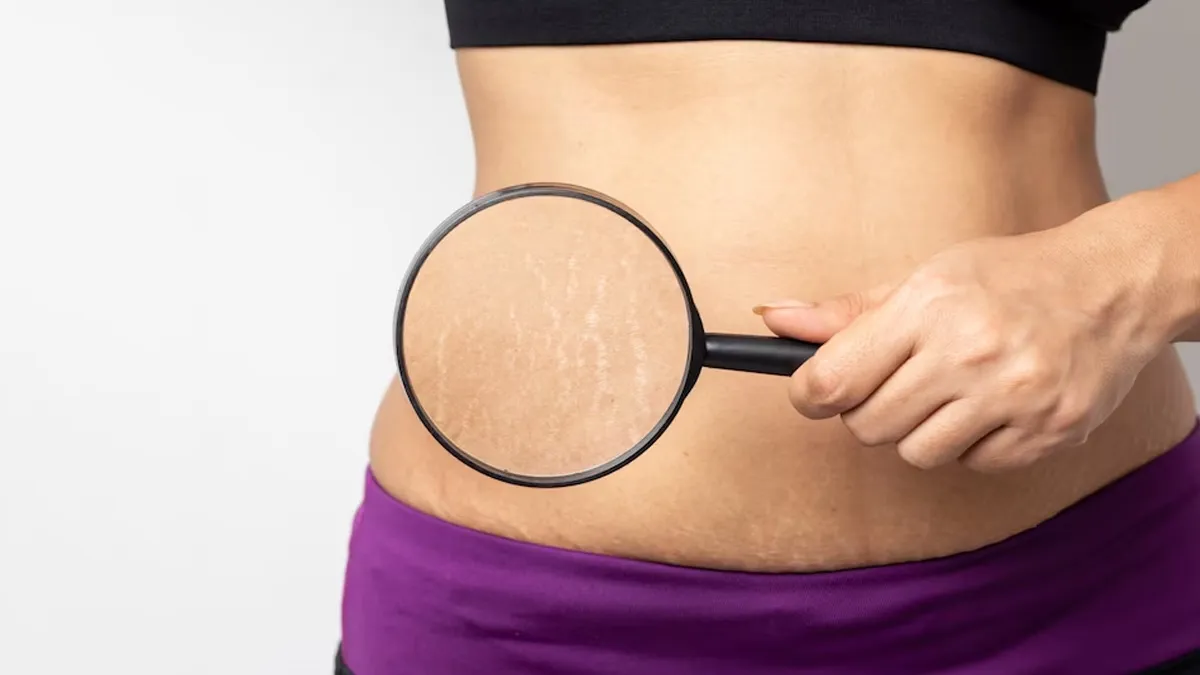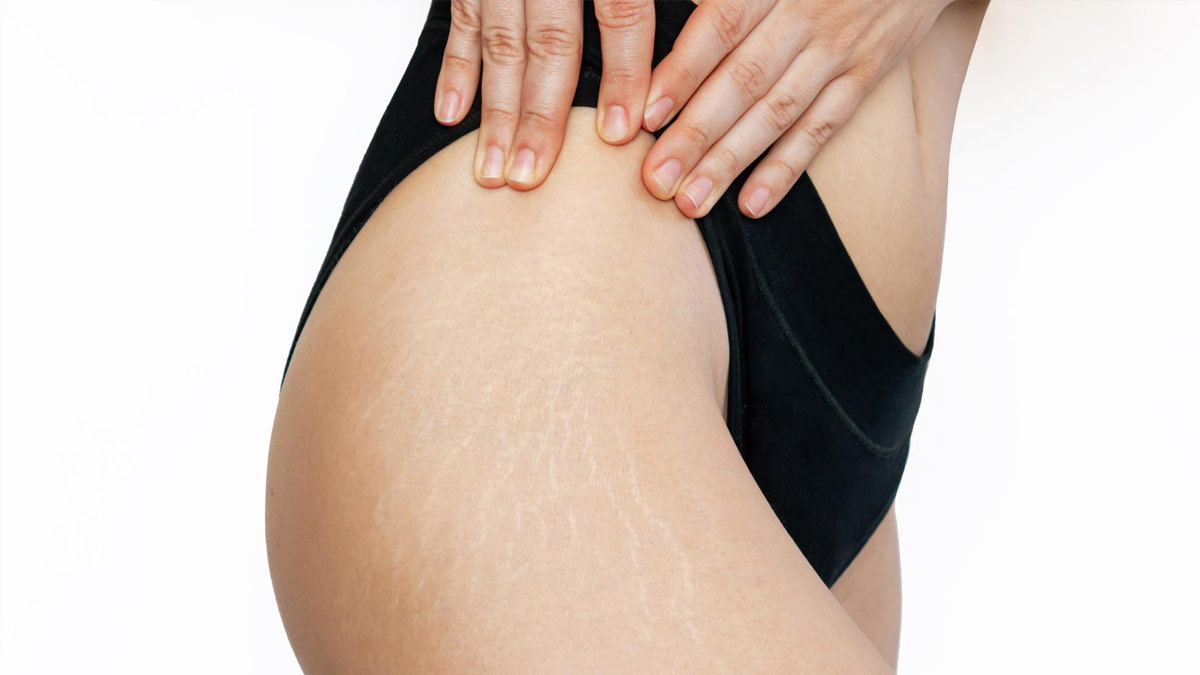
Stretch marks are one of those natural aspects of life that just about everybody has to contend with at some point or another. Whether they crop up during puberty, pregnancy, weight gain or loss, or muscle development, stretch marks are a prevalent skin issue that can beset anyone. Of course, there's always the doctor recommended treatment for it, but one home remedy that keeps surfacing in the realm of DIY is coconut oil. But can coconut oil actually remove stretch marks, or is this just another internet myth?
Table of Content:-
In an exclusive interview with the editorial team of Onlymyhealth, our expert, Dr Sanjeev Gulati, Dermatologist, Department of Dermatology, Sharda Hospital, Noida, explained the science, the frenzy, and what coconut oil can actually do for your skin. Read ahead to find out.
What Are Stretch Marks, Really?
Stretch marks, also referred to as striae, are a type of scarring that results when skin rapidly stretches or contracts. The abrupt change causes the elastin and collagen, which are two vital proteins responsible for maintaining skin firm and elastic, to tear. When the skin repairs itself, stretch marks may appear, usually initially red, purple, or dark brown (based on skin color) before becoming lighter in color over time.
Although entirely safe, most people look for means to reduce their visibility for aesthetic purposes.
Also Read: Do You Feel Itchy After A Bath? Here's What Might Be The Reason

Can Coconut Oil Remove Stretch Marks?
Coconut oil is a popular natural treatment for an array of skin problems due to its hydrating, anti-inflammatory, and antimicrobial effects. It contains high levels of fatty acids and antioxidants such as vitamin E, so no surprise people use it for everything from dehydrated skin to healing wounds.
But does its magic reach far enough to address stretch marks?
There is no scientifical proof that shows coconut oil can erase stretch marks altogether. But that doesn't necessarily mean it doesn't have any value. “On the contrary, coconut oil can potentially be a useful addition to warding off stretch marks or making them less noticeable, particularly when applied as part of a daily skincare routine,” explained Dr Gulati.
Advantages of Using Coconut Oil for Removing Stretch Marks
Some possible advantages are:
- Enhanced skin hydration: Maintaining the skin hydrated could lower the risk of acquiring stretch marks when body changes happen suddenly.
- Increased healing: Coconut oil, in a few researches, has been known to contribute to the healing of wounds, and this could assist the skin in healing more effectively.
- Decreased inflammation: Its anti-inflammatory effects could help calm the skin and minimize new stretch marks' redness.

Bottomline
Coconut oil won't do miracles, but it can be a cheap, moisturising method to care for your skin and perhaps help minimise the appearance of stretch marks with time. For individuals with mild to moderate markings, particularly recent ones, it could have incremental effects.
But for resistant or mature stretch marks, expert treatments such as laser treatment, microdermabrasion, or prescription creams might be a better bet. Remember to always visit a dermatologist if you want customised results.
Also watch this video
How we keep this article up to date:
We work with experts and keep a close eye on the latest in health and wellness. Whenever there is a new research or helpful information, we update our articles with accurate and useful advice.
Current Version